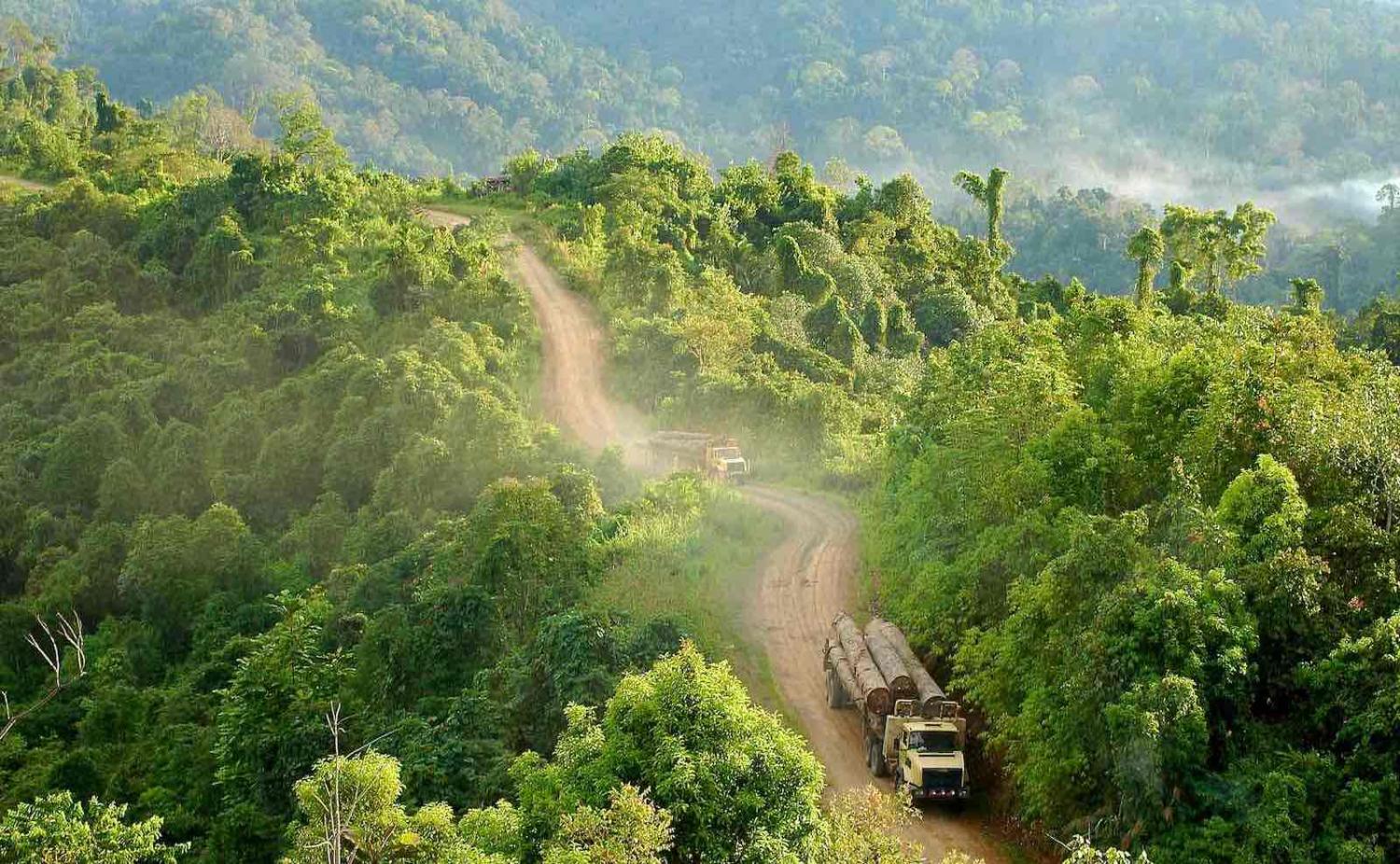After winning a second and final term, Indonesian President Joko Widodo announced, “I have no burden now. I’m not thinking about next elections… so I will do whatever it takes for the country’s sake.” Just a month later, Jokowi, as Widodo is known, declared that Indonesia’s capital city would move 1300 kilometres away from Jakarta to East Kalimantan, on the island of Borneo.
This was hardly the kind of ambition most were hoping for in a second Jokowi term.
Such a move has been discussed perennially and has never eventuated. But this time, Jokowi seems serious. At an eyewatering cost of Rp 466 trillion (about $48 billion), government functions will shift to Indonesian Borneo, while Jakarta remains a commercial hub.
Jokowi risks wasting his political capital and energy on a symbolic project of dubious merit, while forgoing key election and policy issues such as health, education, and investment.
Proponents see the move as a way to help address Jakarta’s many woes – including traffic congestion and the fact that the city is rapidly sinking – while making government less Java-centric and bringing it closer to the people.
But moving the capital won’t fix Jakarta’s problems. Only 180,000 civil servants and 141,000 government vehicles of the city’s 10 million inhabitants and 17 million registered private vehicles are set to leave for Kalimantan in 2024. Moving so few will alleviate little pressure from the megacity. As outlined succinctly by economists Paul Burke and Martin Siyaranamual earlier this year, Jakarta isn’t going anywhere – and neither is its pollution, illegal well digging, and traffic.
From Kalimantan’s perspective, building a new large city also has major implications for the environment and the region’s indigenous Dayak Paser people, who potentially face further displacement and marginalisation. Though hosting a new city will create more jobs in the area, few from East Kalimantan will be well-placed to win formal government jobs, compared with experienced bureaucrats shipped in from Jakarta.
It’s also hard to see how moving the central government will help improve governance. The Indonesian system is already one of the most decentralised in the world, with 508 local governments receiving a minimum 26% of the central government’s net domestic revenues and a share of national resource revenues. It’s unclear how moving the locus of central bureaucratic activity will make government more responsive to the people.
Conversely, it is easy to imagine how governance might instead worsen. Forcing civil servants to leave Jakarta’s comforts for what is currently a forest will only make it harder to attract and retain the kind of capable public servants Indonesia needs in the face of stiff competition from the private sector.
Counter-productively, the move may also put even more distance between the country’s central policymakers and the public they are supposed to serve. After all, how will ordinary Indonesians protest en masse as seen recently if they earn approximately Rp 15,000 ($1.50) an hour, and a flight from Jakarta to Kalimantan costs Rp 1 million ($100)? Or perhaps that is the point. Meanwhile, well-heeled crony capitalists will have little trouble making the trip to engage in their own kind of government “influencing” activities.

Of more immediate concern is the opportunity cost the move might impose on Jokowi’s second term. Jokowi risks wasting his political capital and energy on a symbolic project of dubious merit, while forgoing key election and policy issues such as health, education, and investment.
It’s a similar picture in hard dollar terms. Moving will be an expensive and ongoing fiscal burden, both within and beyond Jokowi’s term, which will crowd out more important spending priorities. A worst-case scenario could see large amounts of capital being poured into the move, only to be wasted if the idea is abandoned by a future president.
This all assumes that the project actually gets off the ground. Construction is supposed to begin in 2020, but basic preparatory studies remain incomplete – consultancy group McKinsey was only appointed to follow up government studies on 21 October. A design for the new city will only be decided on after international and domestic design contests end in March 2020. Many of the state-owned enterprises expected to fund and build much of the new capital have already accumulated significant debt as part of Jokowi’s first-term infrastructure drive.
And then one has to consider the delay, opacity, and corruption that often plagues big projects in Indonesia.
Jokowi insisted in July that his government must “look for a new model and new values”. Reviving Sukarno-era plans for a new capital city is a strange way to get there. If Jokowi wants to produce the step change in economic performance Indonesia requires, he should focus on deeper structural reforms – not moving the capital into the forest.

